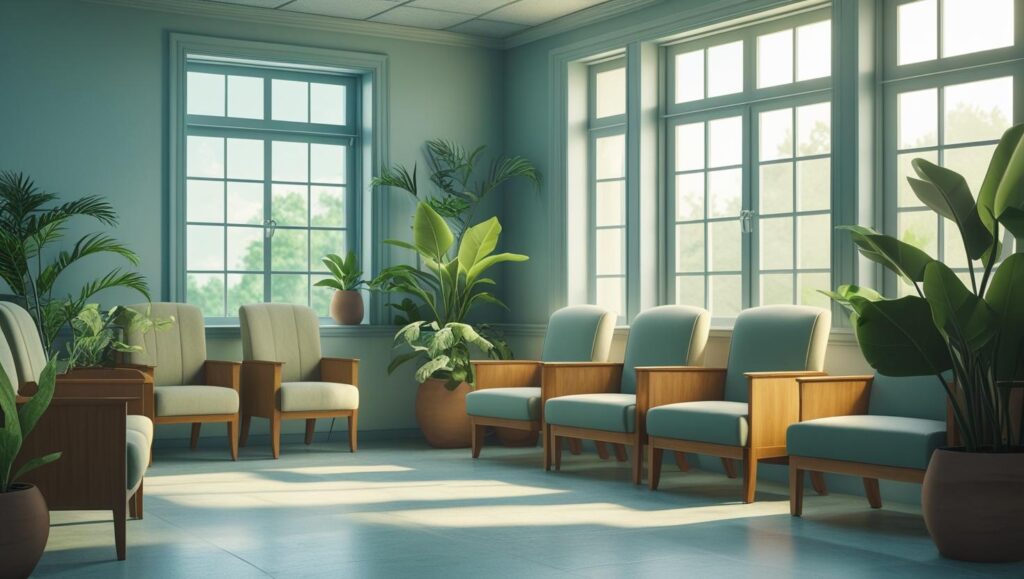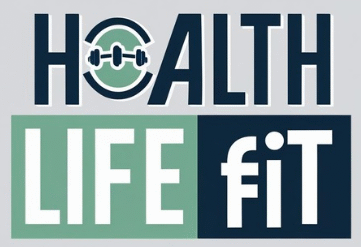
Introduction
Mental health is a crucial aspect of overall well-being, yet millions of people struggle to access the care they need. Mental health clinics play a vital role in providing therapy, medication governance, crisis intervention, and support for individuals facing anxiety, depression, Post-Traumatic Stress Disorder, and other conditions.
This guide will explore:
- What a mental health clinic is and the services they offer.
- Types of mental health clinics (public, private, specialized).
- How to choose the best clinic for your needs.
- What to expect in your first visit.
- Insurance, Costs, and Affordable Options.
- How mental health clinics improve communities.
By the end, You will know how to find the right clinic and take the first step toward better mental health.
What is a Mental Health Clinic?
A mental health clinic is a facility that provides professional care for psychological and emotional disorders. These clinics offer services such as:
Psychotherapy (individual, group, family therapy).
Psychiatric evaluations & medication management.
Crisis intervention & suicide prevention.
Treatment for addiction & substance abuse.
Specialized care for Post-Traumatic Stress Disorder (PTSD), OCD, bipolar disorder, etc.
Clinics may operate in hospitals, private practices, or community centers and are staffed by psychiatrists, psychologists, social workers, and counselors.
Types of Mental Health Clinics
Public Mental Health Clinics
Funded by government or nonprofits.
Offer low-cost or free services.
Often have waitlists due to high demand.
Private Mental Health Clinics
Run by independent practitioners or groups.
Accept insurance or private pay.
Typically offer shorter wait times.
Specialized Clinics
Trauma & PTSD clinics Focus on abuse survivors and veterans.
Addiction treatment centers Help with drug/alcohol recovery.
Child & adolescent clinics Specialize in youth mental health.
Teletherapy clinics Provide online counseling.
How to Choose the Right Mental Health Clinic
Identify Your Needs
Do you need therapy, medication, or both?
Are you looking for individual, couples, or family counseling?
Do you require specialized treatment (e.g., eating disorders, ADHD)?
Check Credentials & Licensing
Ensure therapists are licensed (e.g., LCSW, PhD, MD).
Look for accredited facilities (e.g., JCAHO, CARF).
Consider Location & Accessibility
Is the clinic nearby or offering telehealth?
Are there accommodations for disabilities?
Review Insurance & Costs
Does the clinic accept your insurance?
Are there sliding-scale fees or payment plans?
Read Reviews & Ask for Referrals
Check Google, Yelp, or Healthgrades for patient feedback.
Ask your primary care doctor for advice.
What to Expect at Your First Visit

Initial Review
A therapist or psychiatrist will ask about your symptoms, medical history, and goals.
Treatment Plan Development
You will discuss therapy options, medication (if needed), and follow-ups.
Confidentiality & Privacy
Clinics follow HIPAA guidelines, ensuring that your information remains private.
Ongoing Sessions
Most therapy involves weekly or bi-weekly visits.
Progress is tracked, and treatment is adjusted as needed.
Insurance & Affording Mental Health Care
Does Insurance Cover Mental Health Clinics?
Most insurance plans (including Medicaid/Medicare) cover therapy and psychiatry.
Check your in-network providers to avoid high out-of-pocket costs.
Low-Cost & Free Options
Community health centers (sliding-scale fees)
University clinics (discounted sessions with trainees)
Nonprofits (e.g., NAMI, Open Path Collective)
Online Therapy Options
BetterHelp, Talkspace Affordable virtual therapy.
Crisis hotlines Free immediate support (988 Lifeline for US)
The Role of Mental Health Clinics in Society
Reduce hospitalizations by providing early intervention.
Lower suicide rates through crisis support.
Improve workplace productivity by treating anxiety & depression.
Support families with counseling and addiction recovery.
Conclusion: Take the First Step Toward Healing
Mental health clinics provide life-changing care for individuals and communities. Whether you’re struggling with stress, depression, or a severe mental illness, help is available.
Ready to find a clinic near you?
Search “mental health clinics near me” on Google.
Call SAMHSA’s helpline at 1-800-662-HELP (4357) for referrals.
Ask your doctor for recommendations.
Don’t wait—prioritize your mental health today.

